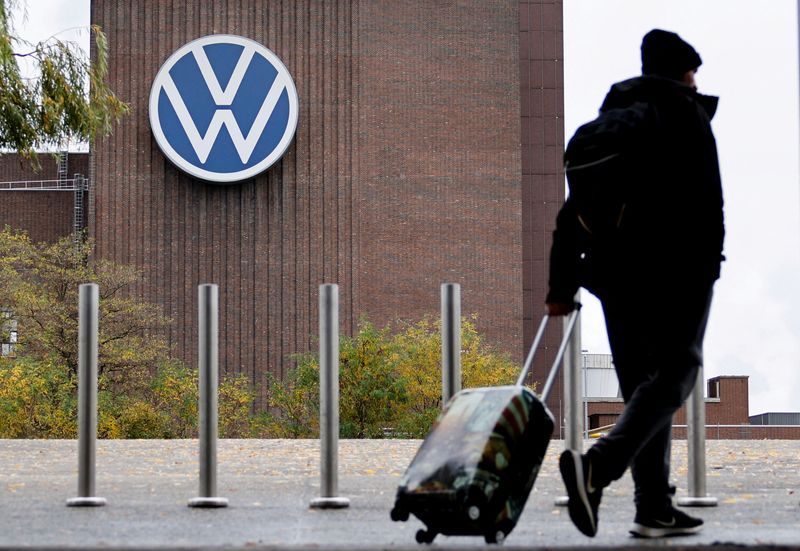Volkswagen’s Cost-Cutting Measures to Address Structural Issues
Volkswagen, one of the world’s largest car manufacturers, has recently announced plans to implement significant cost-cutting measures aimed at addressing long-standing structural problems within the company. The move comes after years of grappling with various challenges that have hindered its competitiveness and profitability in the global automotive market.
CEO Herbert Diess has emphasized the necessity of these cost-cutting initiatives, highlighting the need to streamline operations and improve efficiency to stay ahead in an increasingly competitive industry. The company’s focus on reducing expenses is seen as a strategic decision to realign its resources and drive sustainable growth in the long term.
One of the key areas targeted for cost reductions is the company’s workforce. Volkswagen plans to trim its workforce by not replacing employees who retire or leave voluntarily. This approach is aimed at achieving cost savings while minimizing the impact on existing employees. By optimizing its workforce, the company aims to enhance its operational efficiency and create a more agile and responsive organization.
In addition to workforce reduction, Volkswagen is also looking to streamline its product portfolio and focus on key markets and segments that offer the highest growth potential. This strategic shift is expected to result in a more targeted and efficient use of resources, enabling the company to invest in research and development of innovative technologies and products that align with shifting consumer preferences.
Furthermore, Volkswagen is exploring opportunities to optimize its production processes and supply chain operations to further drive cost savings and improve profitability. By leveraging advanced technologies and digitalization initiatives, the company aims to enhance its manufacturing capabilities and increase productivity while reducing waste and inefficiencies.
Despite the immediate financial impact of these cost-cutting measures, Volkswagen’s long-term prospects appear promising. The company’s commitment to addressing structural issues and implementing strategic changes reflects a proactive approach to ensure its continued relevance and success in a rapidly evolving automotive landscape.
In conclusion, Volkswagen’s decision to implement cost-cutting measures is a necessary step to address decades of structural problems and secure its competitiveness in the global automotive market. By focusing on workforce optimization, product portfolio rationalization, and operational efficiency improvements, the company is positioning itself for sustainable growth and success in the years to come.



